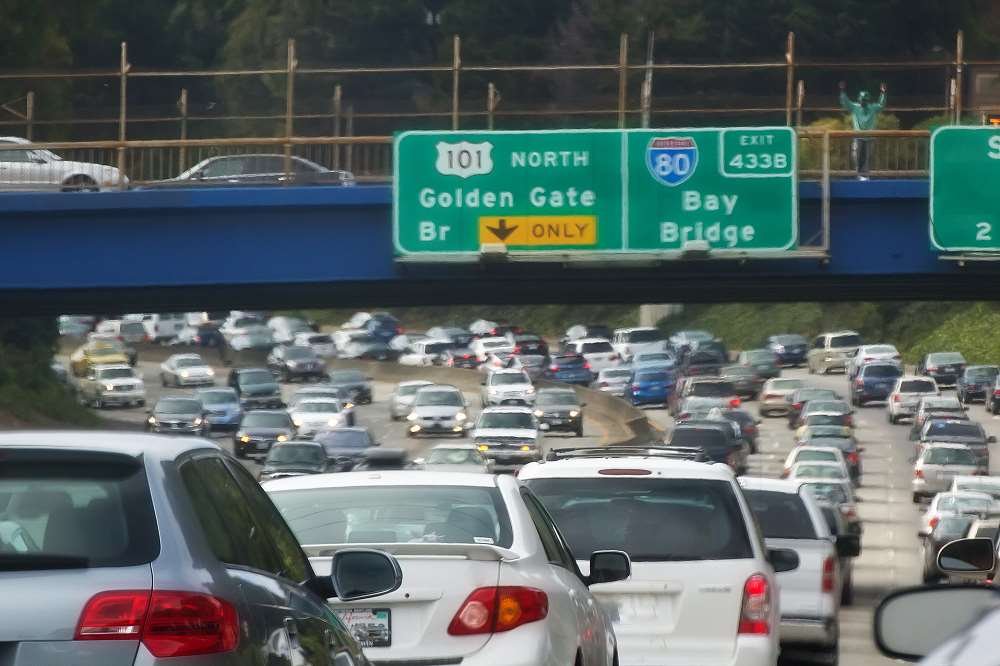Telematics – its role in keeping safety in first place
Published by Gbaf News
Posted on January 10, 2019
3 min readLast updated: January 21, 2026

Published by Gbaf News
Posted on January 10, 2019
3 min readLast updated: January 21, 2026

Road safety has never been more in the spotlight, with an average of 5 people per day being killed in UK road accidents, which has come into stark contrast as part of Road Safety Week (which recently finished).
It can be all too easy to hone in on the importance of this during annual events or week-long periods that highlight the issues at play. While not to take away from the importance of holding these, they should act as a warning to ensure that a constant awareness of road safety remains in mind, whether it is consumer or fleet-based. The role of telematics has escalated as it becomes more widespread and its role as a safety tool has been more appreciated, with this being something that the insurance industry has recently provided a nod to – with telematics cutting claims losses by a third for younger drivers particularly.
While the sometimes poor reputation tracking has, as people once assume it is used to snoop or spy this has now evolved to its rightful place in the minds of most – as a simple but highly-effective safeguard for monitoring and maintaining driver safety. The fact that it also has the ability to make a business more agile, responsive and efficient simply acts as an added bonus.
For business fleets though, its role becomes far more enhanced. This is because it moves on swiftly from covering off road safety risk to also provide a strategic tool with which to claw back time to spend on other operational activities – making a business more profitable and ‘delivery ready’ (in the actual and metaphorical sense) – an invaluable piece of armour in these competitive, unforgiving times, when a range of sectors are reporting record numbers of business closures. While these closures cover a range of scenarios and reasons, an inability to compete is a common cause.
On a more macroeconomic scale, telematics is also helping to reduce the collective cost of road collisions, which was recently estimated by the government to cost the economy in excess of £16.3bn a year. Taking the lesson of ploughing back time saved by telematics to make business operations more efficient, the wider savings that can be made to the economy are surely a tool with which to help support the UK at a societal as well as a business profit level.
Road networks are only going to become busier, more complex and more dangerous where the risk of accidents is concerned. However, despite these being immovable facts, there is much that can be done pro-actively to reduce their impact – and like many things in life, the simplest, most logical tools and processes can make the most difference. Telematics is just one of these, and the latest statistics show that for a wider range of drivers than ever before, vehicle tracking technology is one key to better guaranteeing increased safety and awareness of the UK’s roads and highways.
Chris McClellan, RAM Tracking
Explore more articles in the Top Stories category











